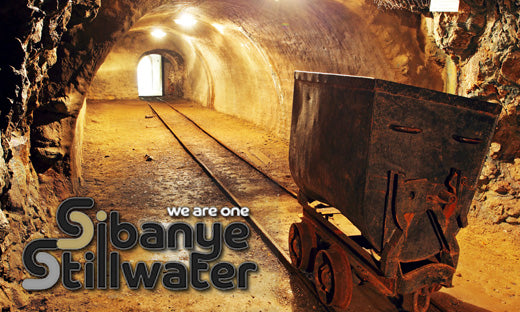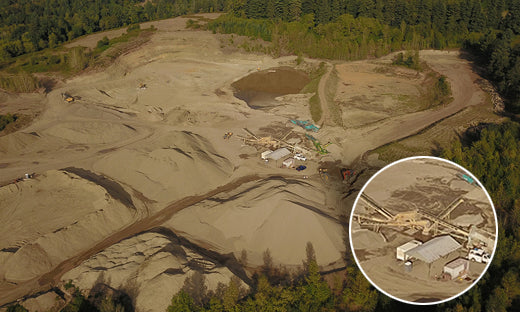The South African gold industry is suffering another blow in its long decline, highlighting the fact that there is only a limited amount of gold to be mined from the earth’s crust.
Following the suspension of operations at one of its gold mining shafts, Sibanye-Stillwater Ltd., among the last major South African miners, is negotiating a restructuring with its labor union that could cost nearly 3,000 jobs.
The company halted mining at its Kloof 4 mine shaft, near Johannesburg, after an accident that damaged the shaft’s infrastructure. Sibanye-Stillwater’s South African gold mines are among the oldest and deepest in the world, and their low productivity has hurt the company’s earnings.
An end to mining at Kloof 4 foreshadows more shutdowns, as Sibanye-Stillwater has been planning for years to curtail operations at its three South African gold mines.
"These mines have got a finite life, some of them are more than 70 years old, so they can’t go on forever," company spokesman James Wellsted said in a 2021 Bloomberg News interview. In South Africa, "the industry is a shadow of what it used to be," Wellsted said. "As we get deeper and as cost pressures increase, you can’t continue to mine unless there is some sort of huge change in the industry, technological or other, that changes the fortunes."
Sibanye-Stillwater shuttered its Cooke gold mine in 2017, resulting in 7,000 layoffs of employees and contractors.
To boost its prospects, the company has diversified into mining other metals, and today is one of the world’s largest producers of platinum, palladium, and rhodium, and is also mining for battery metals, which include lithium, cobalt, aluminum, manganese, and nickel.Real Time Precious Metals Data Below







